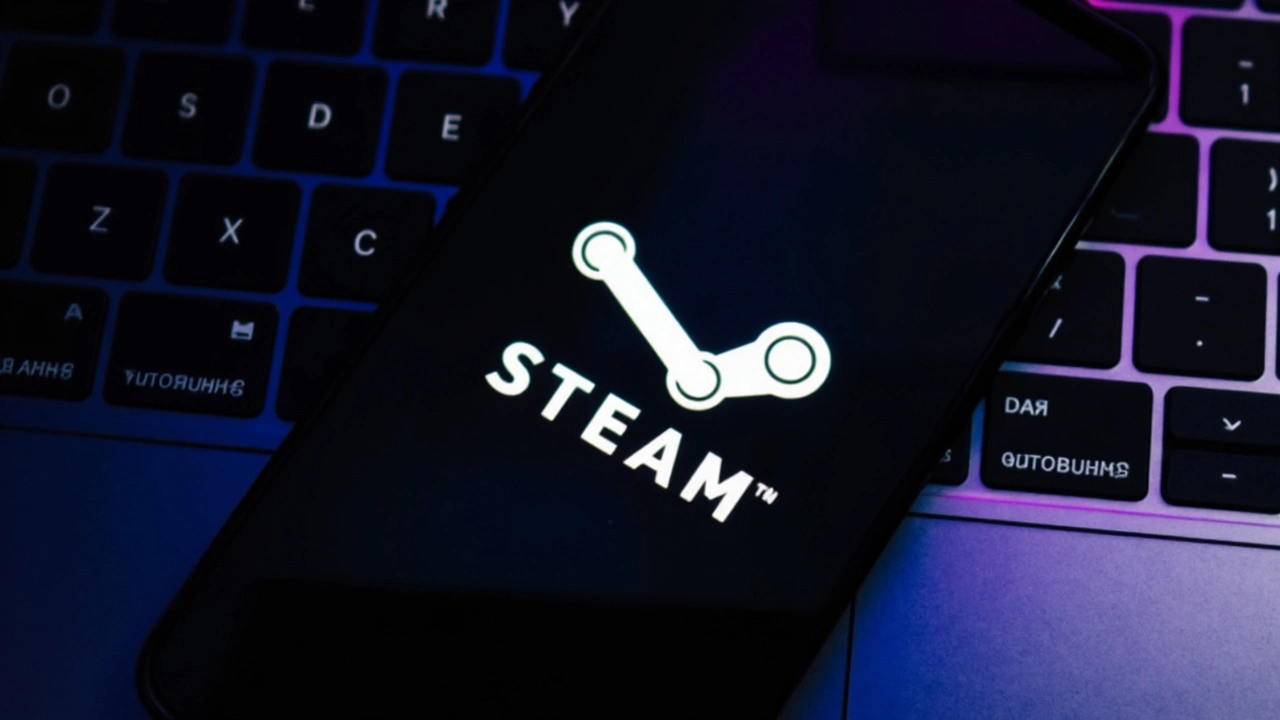Third-Party Security: What Every Motorsports Fan and Organizer Should Know
If you’ve ever bought a ticket online, signed up for a race newsletter, or shared a live‑stream link, you’ve dealt with a third‑party service. Those services can make life easier, but they also open doors for data leaks, scams, and even safety hiccups at events. Below you’ll find straight‑forward advice that keeps your info safe and your race day worry‑free.
Why Third‑Party Security Matters in Motorsports
Motorsports bring together ticket sellers, sponsors, live‑stream platforms, and fan apps. Each of those is a third‑party that handles personal info—names, payment details, location data. When one of them gets compromised, it can affect everyone: you might get phishing emails, your credit card could be exposed, or a venue’s security system could be tricked. In short, a weak link can ruin the whole experience.
Fans often assume the race organizers are the only ones to protect them, but the reality is that security is a shared responsibility. Knowing the basics lets you spot red flags before they become a problem.
Simple Steps to Boost Your Own Protection
1. Check the source before you click. Whether it’s a promo email from a sponsor or a ticket confirmation from a reseller, look at the domain name. If it’s not an official .co.uk or a recognized partner, pause and verify.
2. Use a unique password for each service. A password manager can generate strong, random passwords and keep them safe. This way, a breach on one site doesn’t unlock all your accounts.
3. Enable two‑factor authentication (2FA). Most ticket platforms and fan forums now offer 2FA via text or an authenticator app. It adds an extra step for anyone trying to hijack your login.
4. Review privacy settings. Apps that track race stats often ask for location data. Turn off the option if you don’t need it, especially when you’re not at the track.
5. Keep software updated. Your phone, laptop, and any racing‑related apps need the latest patches. Updates close security holes that hackers love to exploit.
Following these five habits can cut down the risk of identity theft, spam, and even physical safety threats at large events.
For event organizers, the checklist looks a bit bigger. Partner contracts should require vendors to follow GDPR‑style data handling, regular security audits, and clear breach‑response plans. Sharing these standards with fans builds trust—people are more likely to buy tickets when they know their info is locked down.
Remember, third‑party security isn’t a one‑time fix; it’s an ongoing habit. Keep an eye on news about the services you use, and don’t hesitate to ask event staff about how they protect your data. A little curiosity now saves a lot of hassle later.
Got a story about a security scare at a race or a tip that worked for you? Drop a comment below and help the community stay safe. With the right steps, you can enjoy the roar of engines without worrying about the digital baggage that comes with it.
